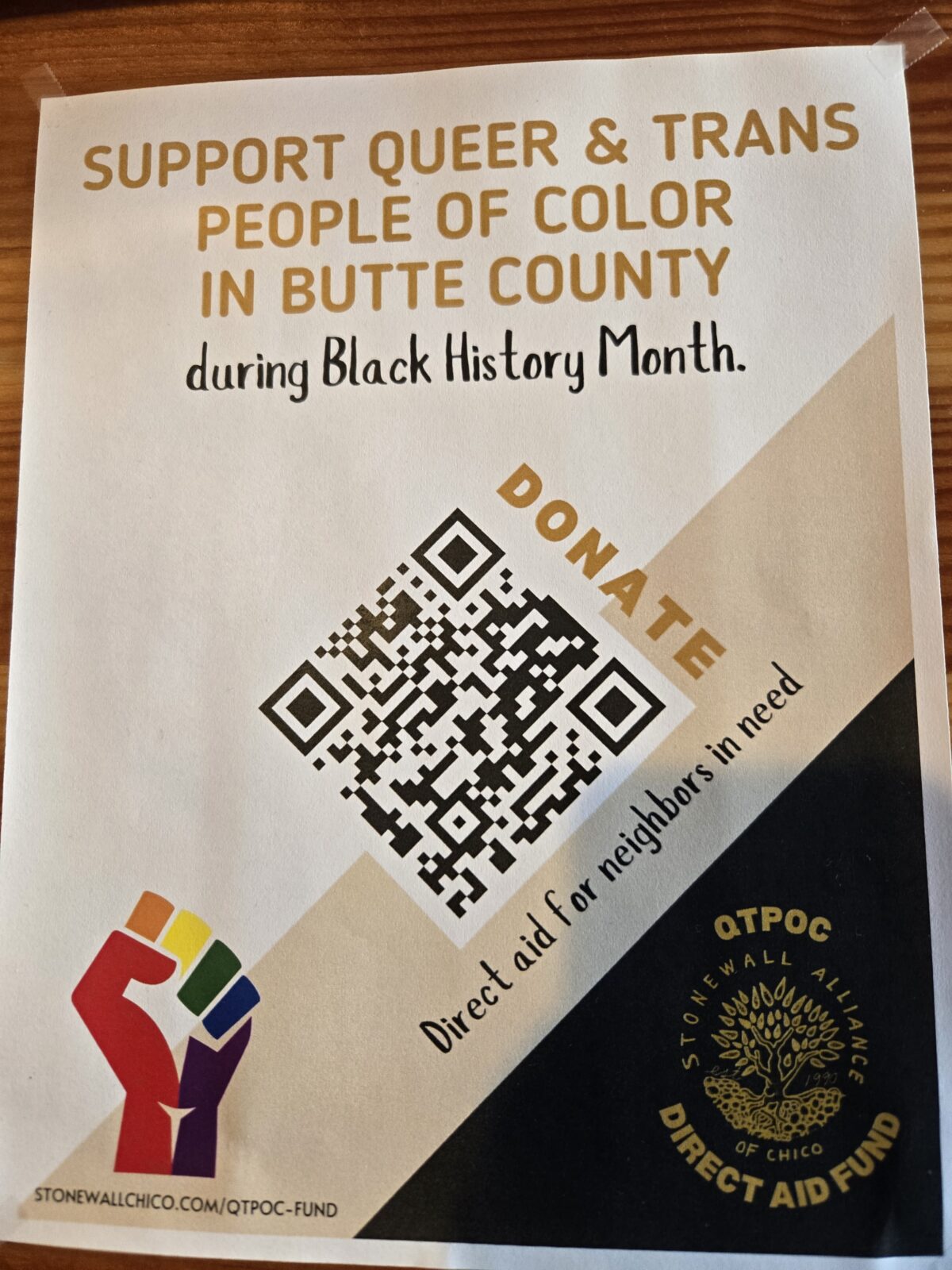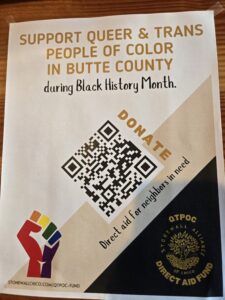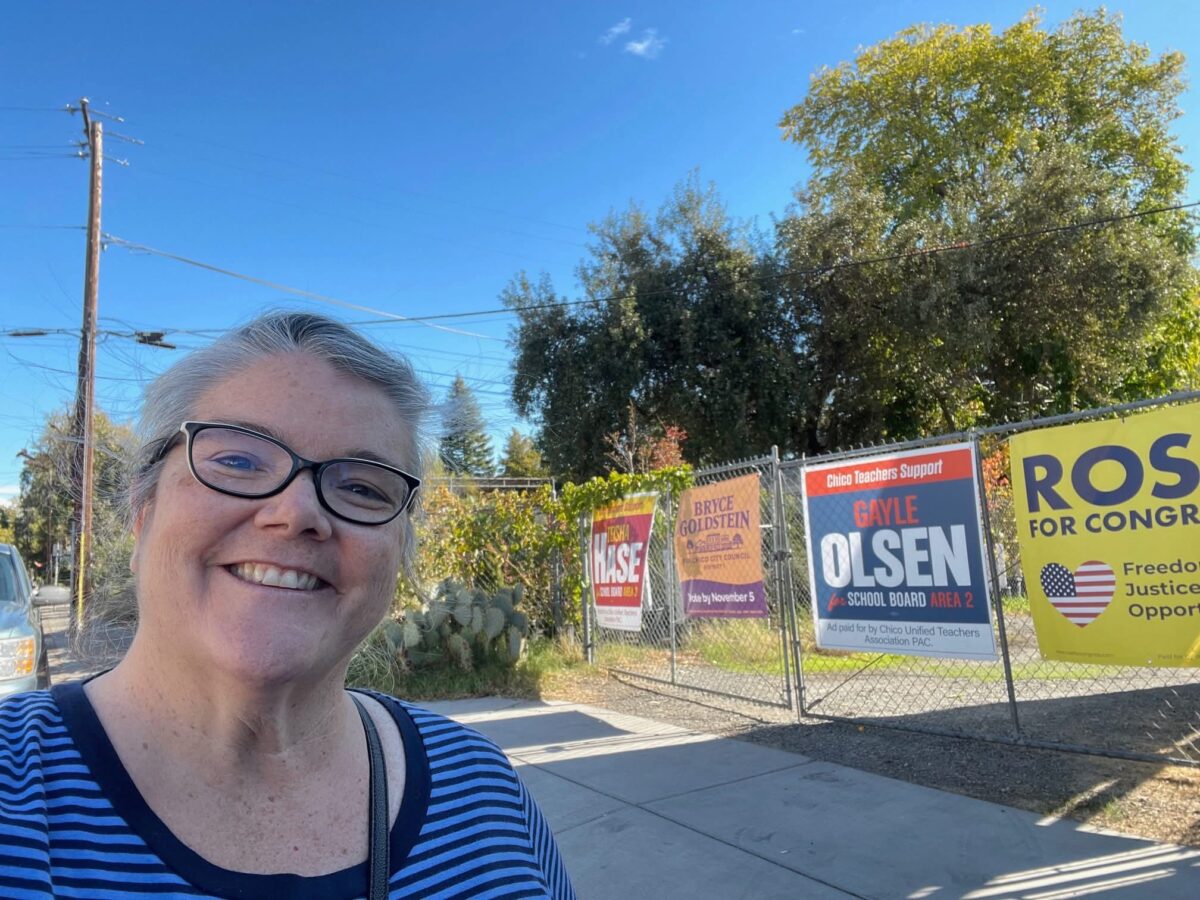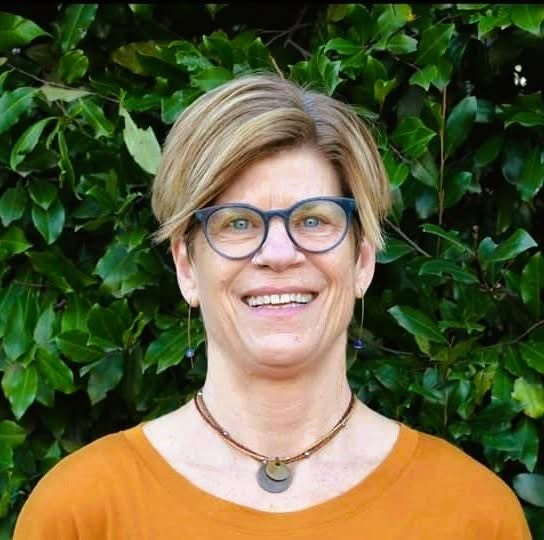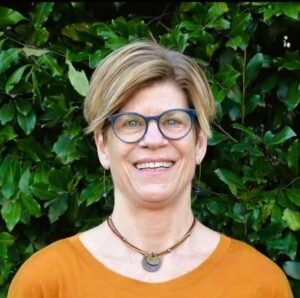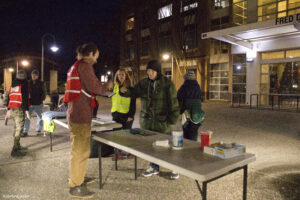Chico Unified eyes some declining test scores
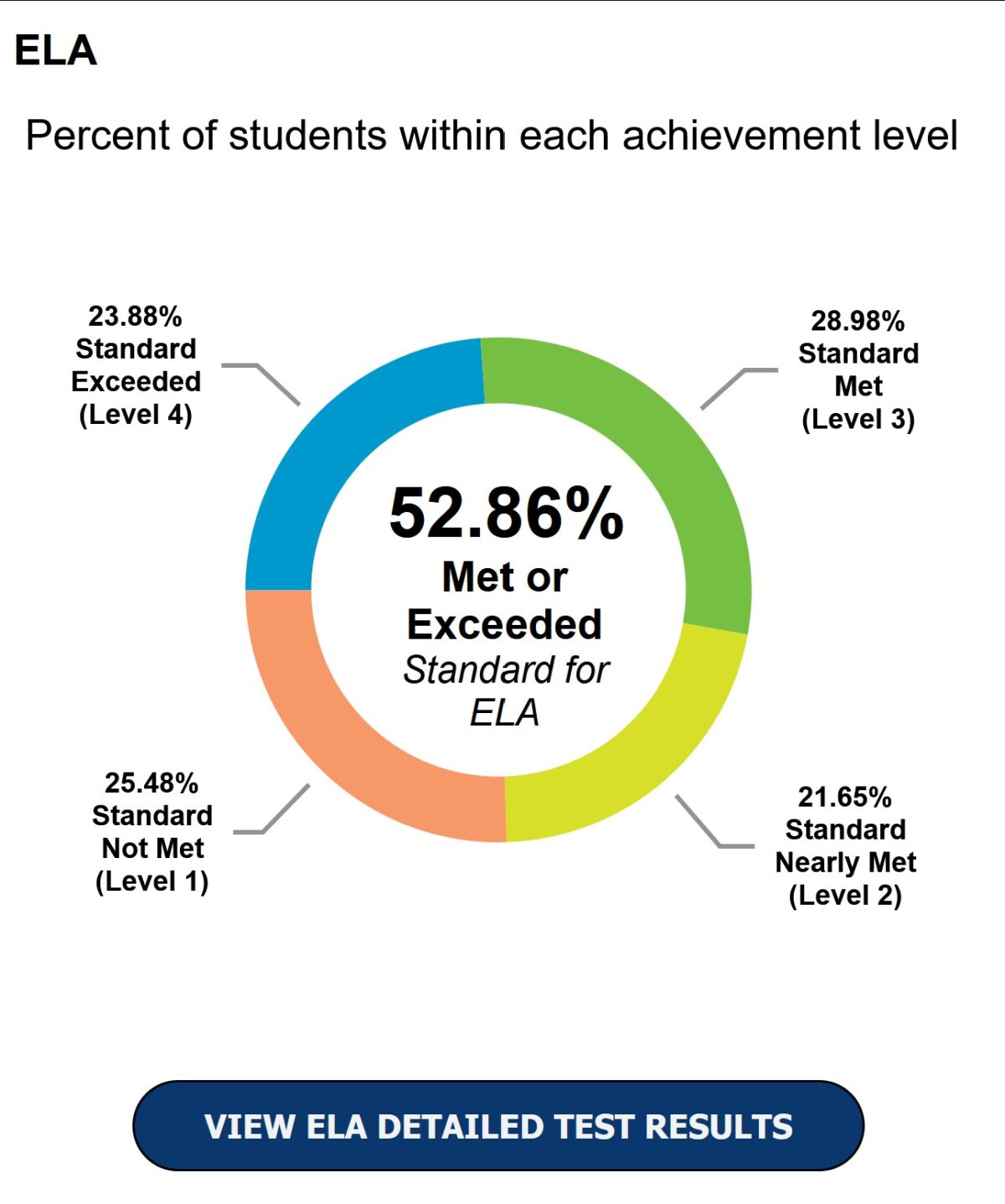
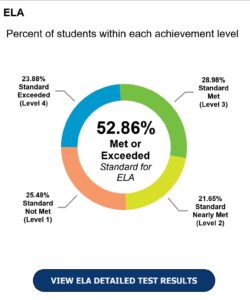
Test scores in English are on the rise at some Chico Unified School District (CUSD) elementary schools, but there was an overall decline in English and math at 16 of the district’s 22 schools, including the two high schools.
An analysis of state and national test scores shows the average student remains half a grade level behind pre-pandemic achievement in both reading and math.
CUSD, as a whole, is following that trend.
Schools showing the most progress in both English and math were McManus, Citrus, Chapman, Little Chico Creek and Hooker Oak elementary schools, said Tim Cariss, CUSD director of assessment and accountability. For example, Hooker Oak and Little Chico Creek improved their math scores during the 2023-24 academic year by 16.6 and 9.8 points, respectively. McManus students are still below the state standard in English testing, but they made the most growth by improving 17.6 points last year.

